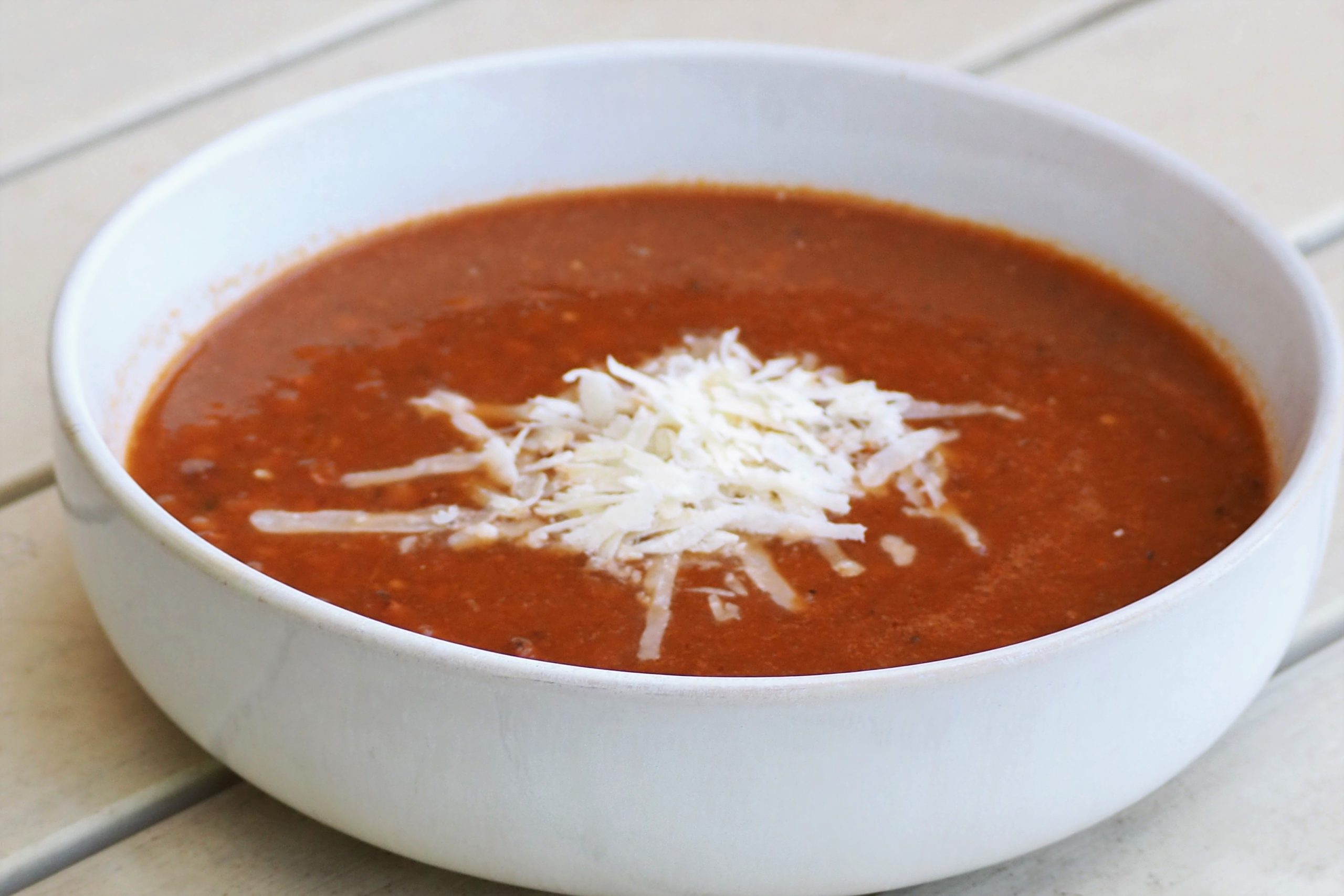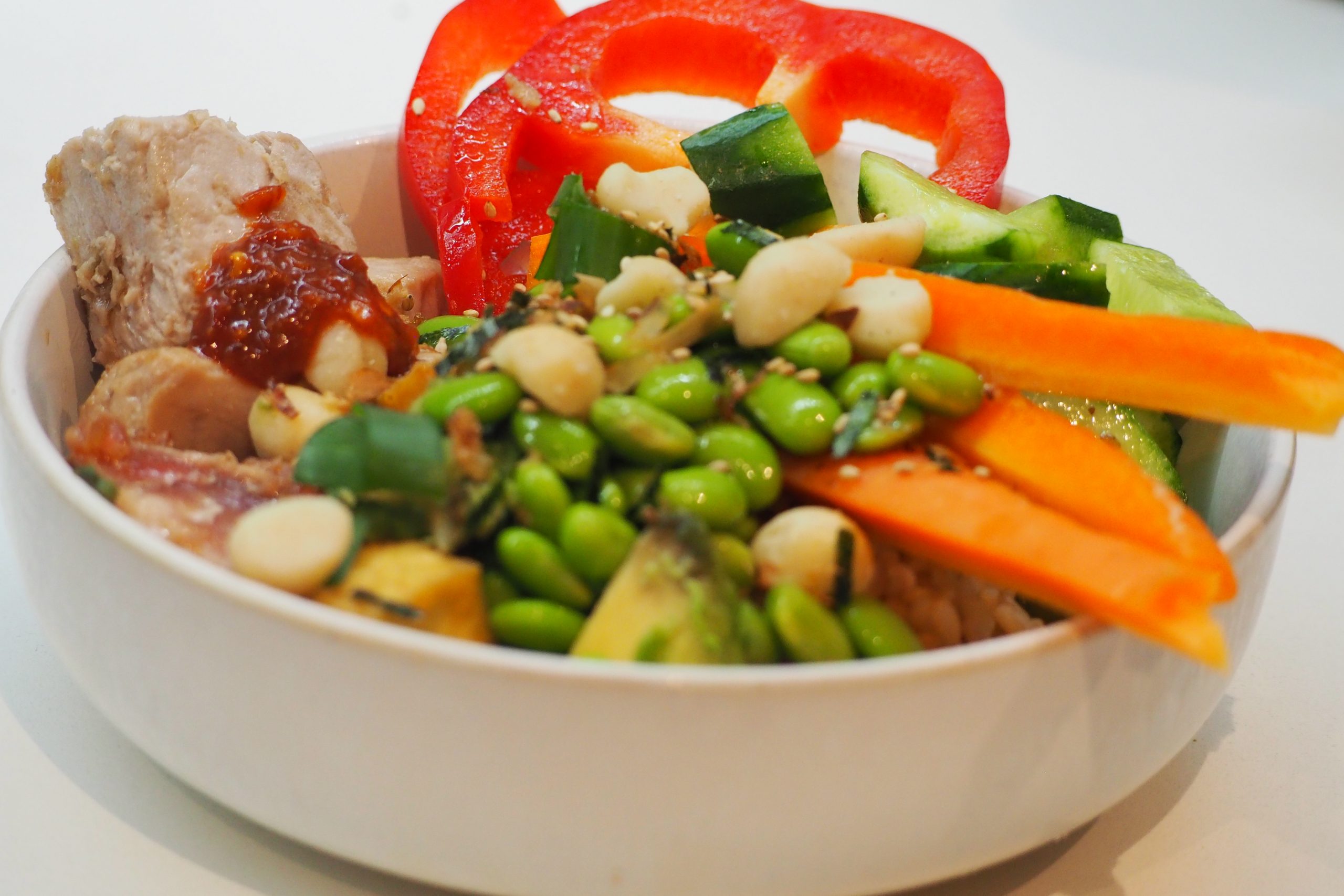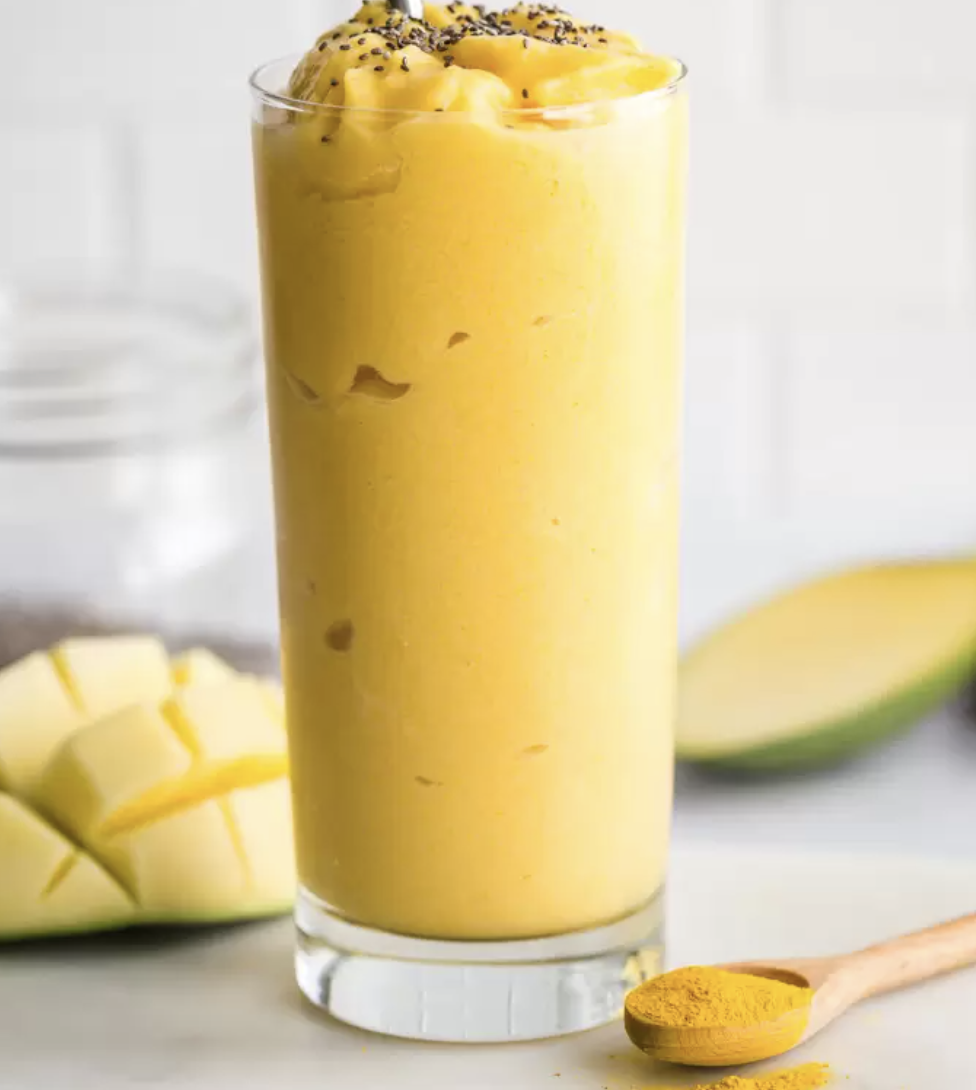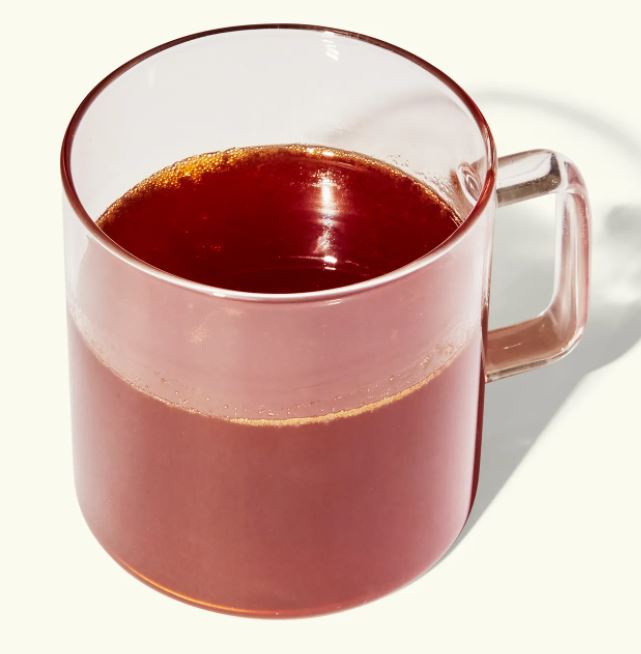One of the focus phytonutrients in the cancer arena are antioxidants, as there is widespread interest in their ability to potentially attack and block free radicals, considered to be damaging molecules that cause damage to normal healthy cells.
The main antioxidants of interest have included vitamins A, C, and E; selenium, and zinc; and some enzymes. However, like many areas in nutrition, once something is found to be positive, then somehow people become convinced that bucket-loads must be much better than ordinary moderate amounts. Fuelled on by companies who package them as supplements, they start to appear in weird and wonderful forms, to be loaded into the body throughout the day, whether in the form of a pill or powder or by having that juicer going 24/7.
The number of times I have tried not to cringe when I hear of people trying to down litres of broccoli juice and other horrible-looking green powder mixes that claim the wonders of being ‘super green’! I remember meeting one lady who was drinking around two litres a day of broccoli, cabbage and beetroot juice. I could not imagine having to clean a juicer every day after that mix.
It is understandable that people want to do all they can to fight cancer. However, what needs to be recognised is that we just do not fully understand the complex nature of cellular function. While we have labelled the free radical action as a bad thing, it may in fact be a good thing for our cells. Perhaps the free radicals help cull cells which are not functioning as well as they should, and perhaps our amazing body does have a better idea of cell regulation than many of the quasi-nutritionists who advocate the need for copious amounts of super-greens and the like, without any strong evidence to show that the effort involved in downing all these extras is in fact helping. Or, even more importantly, that they are not doing more harm than good.
If you want to take in more antioxidants, what we strongly recommend is to try to eat a variety of fruits and vegetables, which are also good sources of other valuable nutrients, as well as fibre. In most clinics I know, it is not advised to take extra and certainly not large doses of antioxidant supplements or vitamin-enhanced foods or liquids.
This is because of their potential to interact and compete with the tasks assigned to the chemo or radiation therapy. Talk with your doctor or dietitian to help you find a safe way to enjoy an adequate intake of antioxidants in your diet. You can also refer to Chapter 10, eating well after cancer treatment. While we talk about cancer diets in stages, there is nothing wrong with eating well and pulling in some food boosters to help you out during the treatment stage. Just as long as the food priorities are in the right order.




